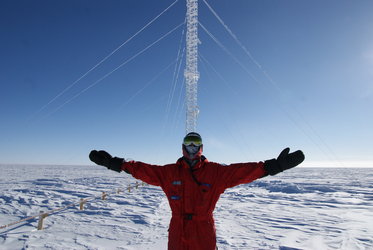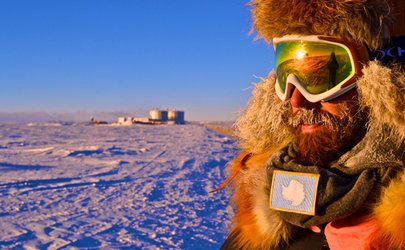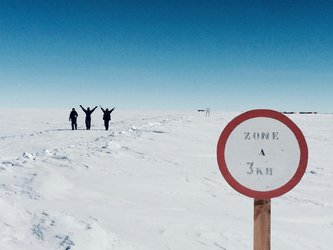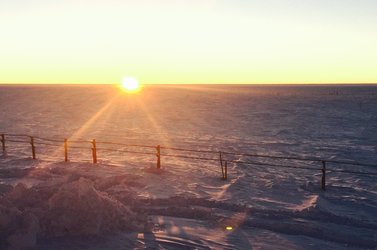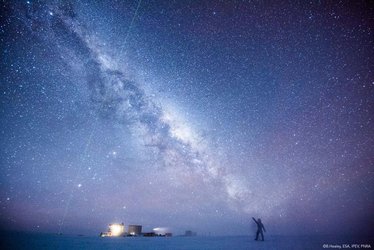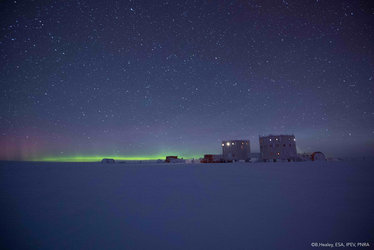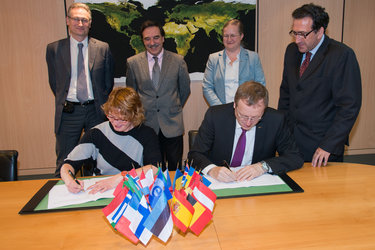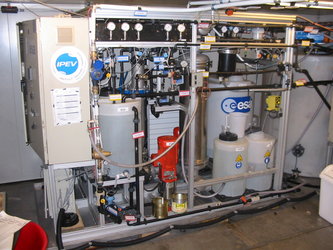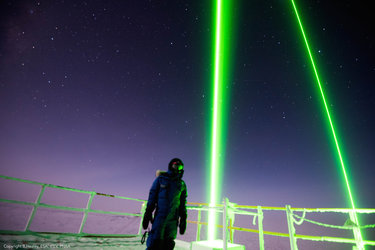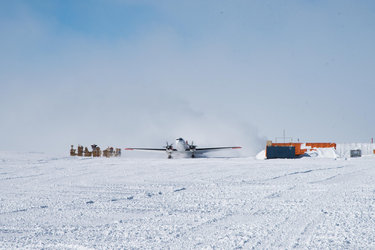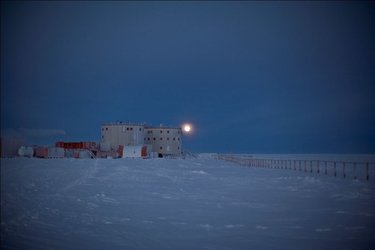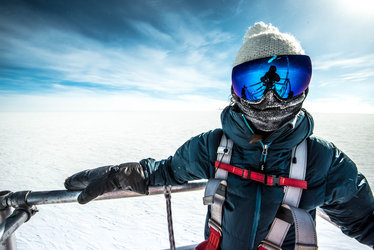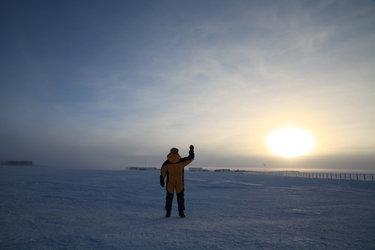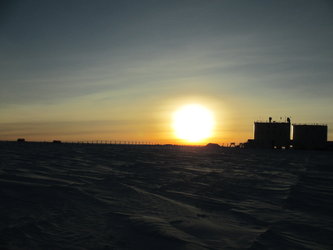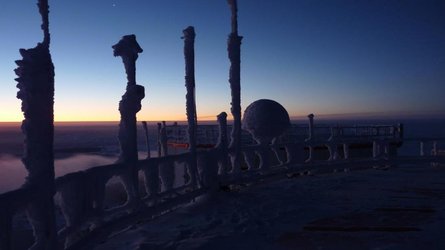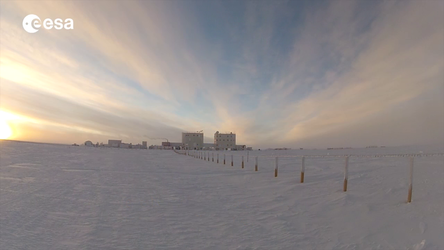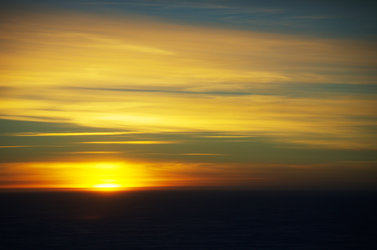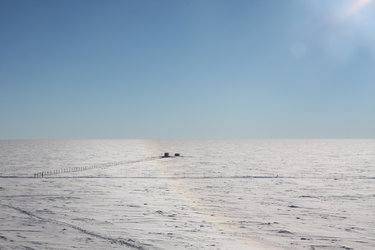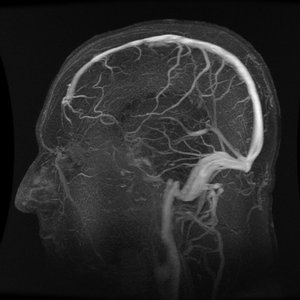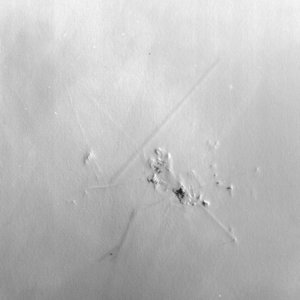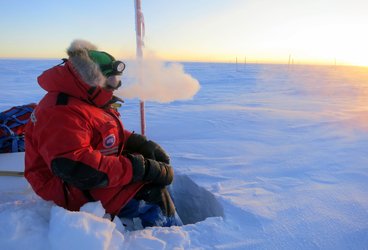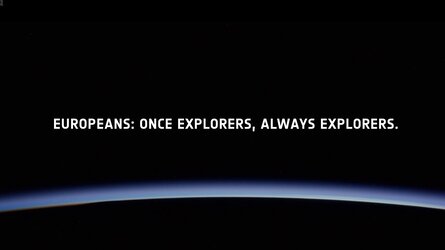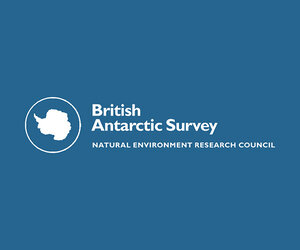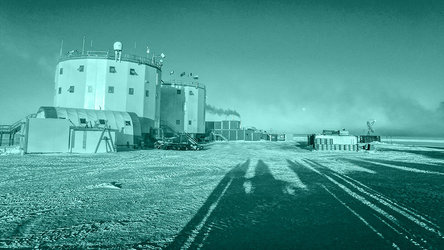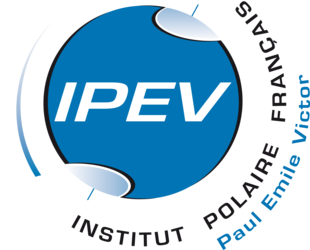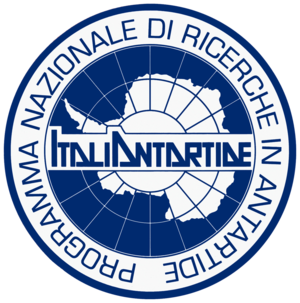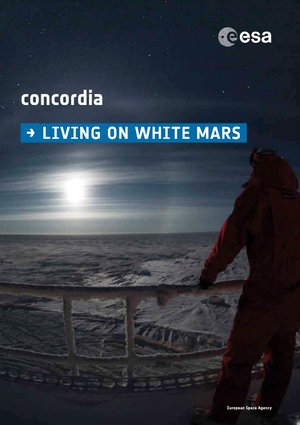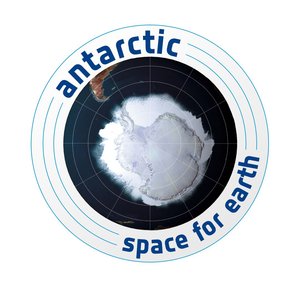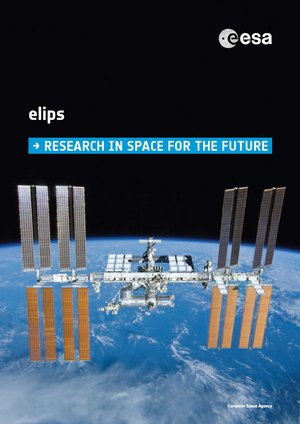Test spacecraft piloting skills – in Antarctica
ESA is looking for a medical doctor to spend a year at the remote Concordia Antarctic station. Like a martian outpost can be imagined, you will be away for over a year and cut off from the rest of the world, living and working with 15 colleagues to conduct science in preparation for missions to the Red Planet.

Temperatures can drop to –80°C, and the Sun disappears completely for four months at the French-Italian base in winter. Concordia sits on white Antarctic plateaus at 3200 m above sea-level, so its already extreme environment is compounded by a reduced air-pressure – even more for its inhabitants to deal with.
The base is run by French and Italian Antarctic organisations and the multinational crew work to maintain the polar outpost and conduct climate science. The ESA-sponsored medical doctor’s tasks are to run ESA-selected experiments, studying how the crew adapts to living in such challenging, but often beautiful, environments.
Keeping the skills alive

Astronauts on long missions in space need to pilot their spacecraft and conduct complex operations months or even years after their training on Earth. On the International Space Station, astronauts periodically take refresher courses for critical tasks such as berthing cargo spacecraft.
For astronauts returning from Mars, mission designers need to know that they will be able to perform after months of isolation and stressful exploration. The Simskill experiment needs a spacecraft simulator to be shipped down to Antarctica to see how the Concordia crew will cope over the course of their stay.

After training for spacecraft piloting, the test subjects will do simulations on a variety of common Soyuz spacecraft tasks such as docking and rendezvous. Their results will be recorded together with psychological and physiological data, such as the pilot’s heartbeat. The same study will be performed as a control in Stuttgart, Germany, and on the British Antarctic Survey station Halley VI.
In space and on Earth

Another planned experiment will look closely at how our immune system responds to the isolation at Concordia. Blood, urine and saliva samples will be collected and compared to stress test results to understand how stress influences our immune system. This research is also being done on the International Space Station to understand what factors are causing astronauts immune systems to behave as they do.
Further experiments include looking at how special lights could help keep a normal sleep pattern during the dark winter months. Others are checking bone health and monitoring how the crew interact and form groups during the isolation through activity monitors and games that test teamwork.
Does taking part in research that is paving the way for space exploration, while living in one of the most secluded places on Earth for a year, appeal to you? Anyone from an ESA Member State with a medical degree can apply before the 1 April deadline.















 Germany
Germany
 Austria
Austria
 Belgium
Belgium
 Denmark
Denmark
 Spain
Spain
 Estonia
Estonia
 Finland
Finland
 France
France
 Greece
Greece
 Hungary
Hungary
 Ireland
Ireland
 Italy
Italy
 Luxembourg
Luxembourg
 Norway
Norway
 The Netherlands
The Netherlands
 Poland
Poland
 Portugal
Portugal
 Czechia
Czechia
 Romania
Romania
 United Kingdom
United Kingdom
 Slovenia
Slovenia
 Sweden
Sweden
 Switzerland
Switzerland



























